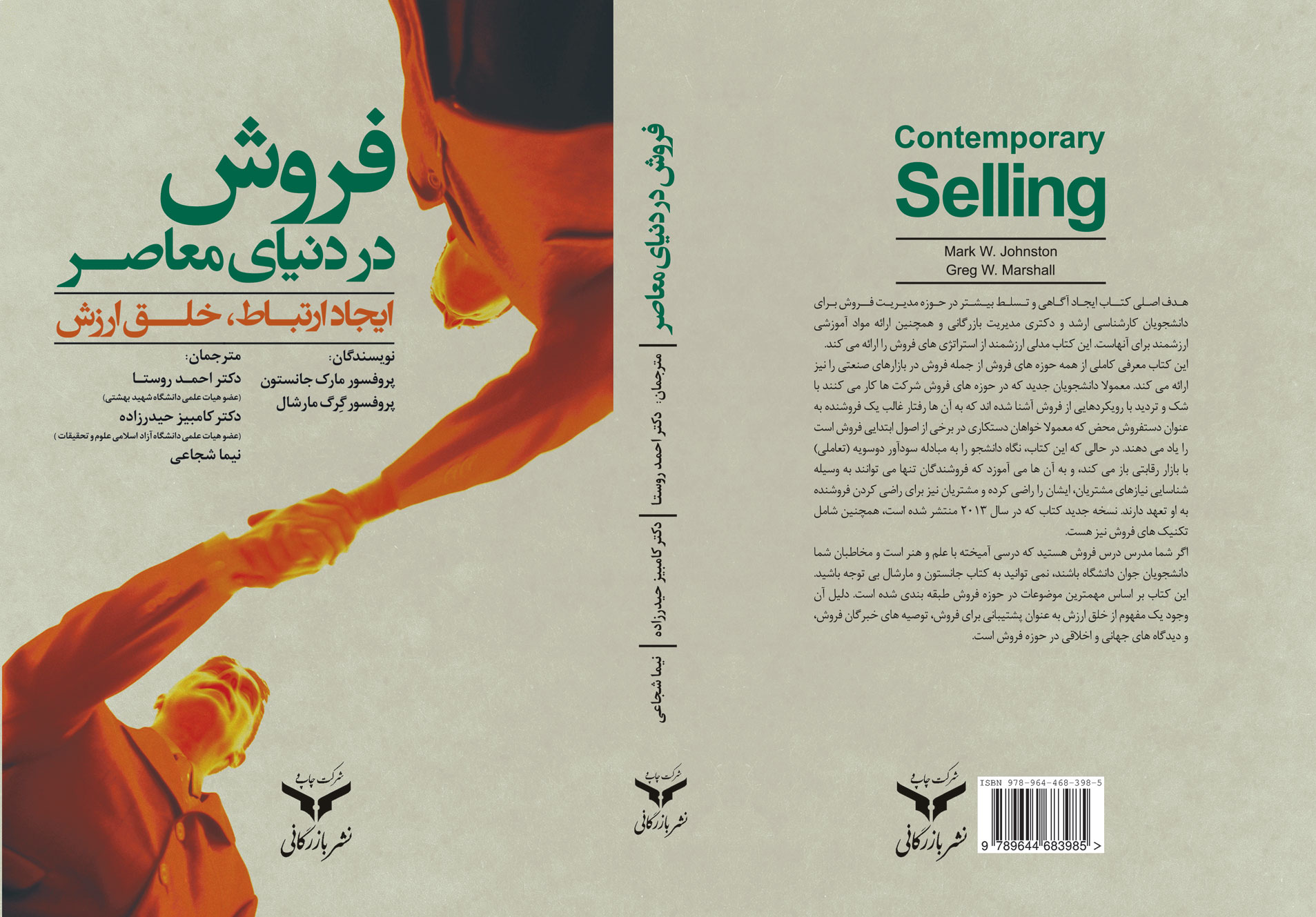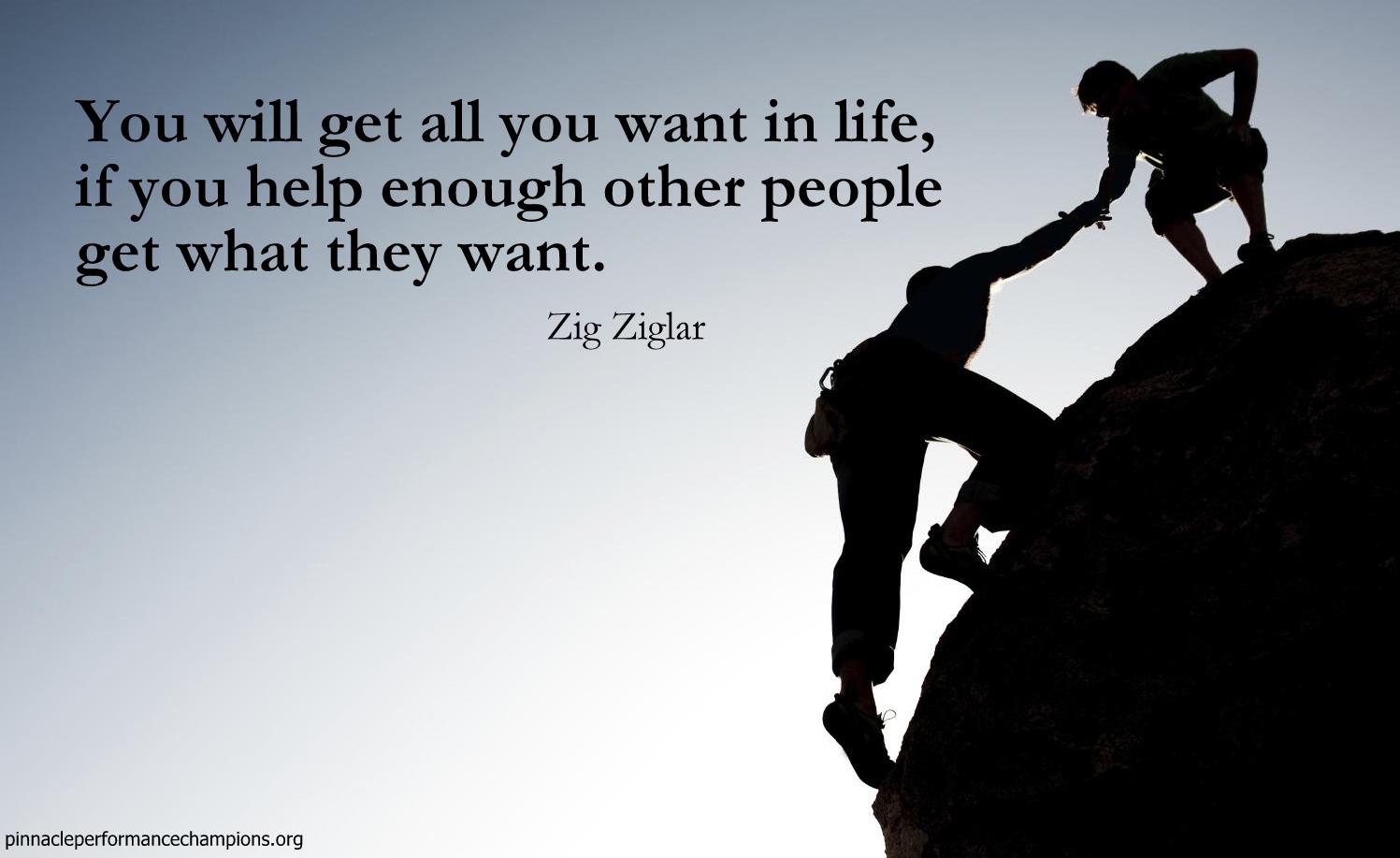Become a Better Learner
Feb 25, 2016
Staying within your comfort zone is a good way to prepare for today but a terrible way to prepare for tomorrow. To sustain success, you must develop the capacity for rapid, continuous learning. Enlisting a coach can be an invaluable way to do it. But if you don’t have a coach, ask some colleagues for feedback on how you performed on a recent task. Don’t get defensive when you hear their answers — remind yourself that you’re trying to learn new things. Then make time for reflection. Get into the habit of asking yourself questions like “What have I learned from this experience?” and “What turned out differently than I expected?” Leaders who demonstrate and encourage reflection both learn more themselves and lay the foundation for higher levels of learning agility in their teams and organizations. Adapted from “4 Ways to Become a Better Learner,” by Monique Valcour
USDunlimited@
با سلام،
رکورد 2250 عضو وفادار و عزیز وبلاگ از دانشجویان گرایشات مختلف دانشکده مدیریت و اقتصاد
سپاس بیکران به تمامی همراهان گرامی
کانال تلگرام:
USDunlimited@
One of the greatest predictors of happiness at work is your relationship with your manager. But how do you assess a potential new boss while you’re still interviewing for the job? Pay attention to how the manager treats you throughout the interview process. Did you get a good feeling from the person? Is she someone you can imagine going to with problems? Do a Google search and check out her online profiles, as well as those of people who used to work for her. If you find people who have left, reach out to them and ask what it was like to work for that manager. After you’re offered a position, ask to spend a half-day with the company and your future team. Above all, trust your instincts. Adapted from “How to Spot a Bad Boss During an Interview,” by Sara Stibitz
کانال تلگرام:
USDunlimited@
Creativity takes time, requiring people to struggle down several blind alleys before finding the right solution. That’s why a lot of creative activity may look suspiciously like loafing around until a breakthrough happens. But if an organization truly wants creativity, it has to start by hiring more people than it needs to complete the tasks required for the company to stay afloat. Managers also need to provide some flexibility for employees to alter their schedules when an interesting idea begins to develop. And they need to reward employees for engaging in tasks that ultimately lead to creative solutions, like learning new things, developing new skills, having wide-ranging conversations with colleagues, and trying out ideas that don’t work. Adapted from “To Get More Creative, Become Less Productive,” by Art Markman
کانال تلگرام:
USDunlimited@
What’s the best way to solve a disagreement with someone who’s working in a different location? First, try to give your colleague the benefit of the doubt. Because you don’t have a shared context — you’re not sitting in the same building, experiencing the same weather, seeing the same things — it’s easy to make assumptions about how your colleague feels or why he is acting the way he is. Pick up the phone or schedule a time for a video call. Start the conversation by highlighting what you have in common, which can help build bridges. If you’re still not able to solve the issue, you may need to ask someone else for help. To prevent further conflicts, try to travel to your colleague’s office, if that’s feasible, or invite her to yours. Adapted from “Resolve a Fight with a Remote Colleague,” by Amy Gallo
کانال تلگرام:
USDunlimited@
To make sure productivity doesn’t slow down after you walk out of a meeting, send out clear and concise meeting notes within 24 hours and follow up on the commitments made. These notes should state each topic you discussed, the key takeaways, and a list of specific actions along with who will do them and when. Use the notes to keep everyone on track until you meet again. Assign someone to check in with the group at appropriate intervals to ensure that the commitments are all being kept as promised or reevaluated if something unexpected comes up. Adapted from “Two Things to Do After Every Meeting,” by Paul Axtell
کانال تلگرام:
USDunlimited@
🌹کانال گروه مدیریت بازرگانی علوم و تحقیقات
🌹مختص دانشجویان دانشکده مدیریت،
https://telegram.me/srbiau_business_management_dept



